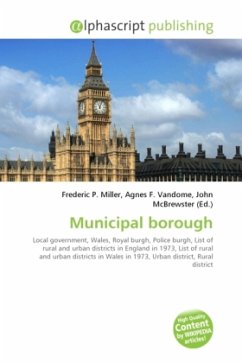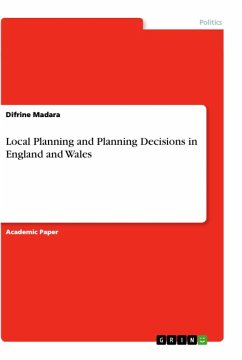A borough is an administrative division of various countries. In principle, the term borough designates a self-governing township although, in practice, official use of the term varies widely. The word 'borough' derives from a common Indo-European language cognate, meaning fort: compare borough, bury (England), burgh (Scotland), Burg (Germany), bourg (France), burgo (Spain), borg (Scandinavia), borgo (Italy), burcht (Dutch). The incidence of these words as suffixes to place names (e.g. Canterbury, Strasbourg, Luxembourg, Edinburgh, Hamburg, Gothenburg), usually indicates that they were once fortified settlements. In the Middle Ages, boroughs were settlements in England that were granted some self-government; burghs were the Scottish equivalent. In medieval England, boroughs were also entitled to elect members of parliament. The use of the word borough probably derives from the burghal system of Alfred the Great. Alfred set up a system of defensive strong points (Burhs); in order to maintain these settlements, he granted them a degree of autonomy.
Bitte wählen Sie Ihr Anliegen aus.
Rechnungen
Retourenschein anfordern
Bestellstatus
Storno








